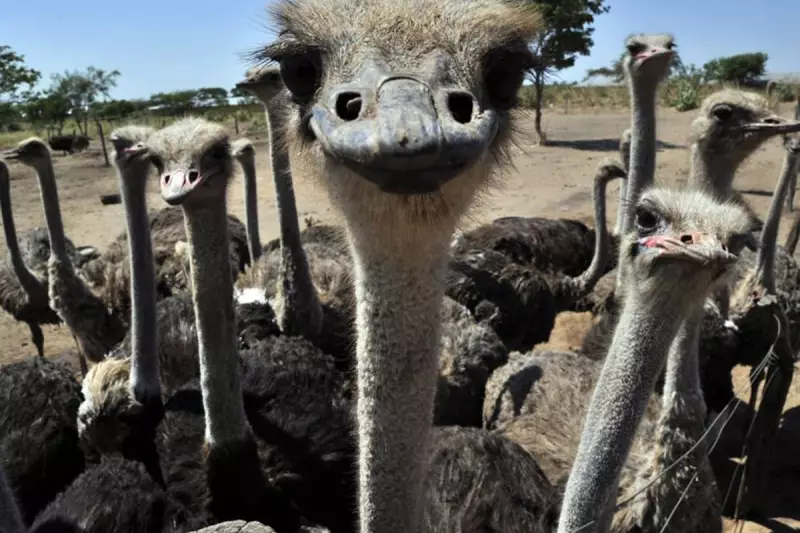
Canadian agricultural authorities have taken the drastic step of ordering a complete cull of ostriches at a commercial farm after confirming cases of the highly pathogenic H5N1 bird flu strain. The shocking development marks one of the most unusual outbreaks in North America's ongoing battle against avian influenza.
Emergency Measures on Alberta Farm
The Canadian Food Inspection Agency (CFIA) confirmed that all ostriches at the infected premises must be humanely destroyed to prevent further spread of the virus. Located in Alberta, the farm has been placed under strict quarantine, with movement controls implemented within a designated protection zone.
"This is a necessary but heartbreaking measure," explained a CFIA spokesperson. "When we confirm highly pathogenic avian influenza in any poultry or captive birds, federal law requires us to humanely depopulate all susceptible birds on the property."
Understanding the Risk to Giant Birds
While ostriches might seem like unlikely victims, these flightless birds are actually classified as poultry under Canadian regulations. The African natives, which can stand over 2 metres tall and weigh more than 100 kilograms, have become increasingly popular in alternative farming operations across Canada.
Officials have been quick to reassure the public that properly cooked ostrich meat and eggs pose no food safety risk. However, the economic impact on specialty farmers could be significant as they lose valuable breeding stock and investment.
Wider Avian Influenza Context
This ostrich outbreak occurs against the backdrop of an ongoing H5N1 crisis affecting both wild and domestic bird populations across Canada. The virus has been particularly devastating in recent years, leading to the culling of millions of chickens and turkeys nationwide.
Wild migratory birds are believed to be the primary carriers, with their droppings potentially contaminating farms and outdoor enclosures. The CFIA has urged all poultry farmers to enhance their biosecurity measures, including:
- Keeping birds indoors when possible
- Restricting access to farms
- Implementing strict cleaning protocols
- Monitoring birds for symptoms including respiratory distress and reduced egg production
As investigations continue, Canadian authorities remain on high alert, watching for any further spread of this devastating virus to other unusual species in the country's diverse agricultural landscape.





